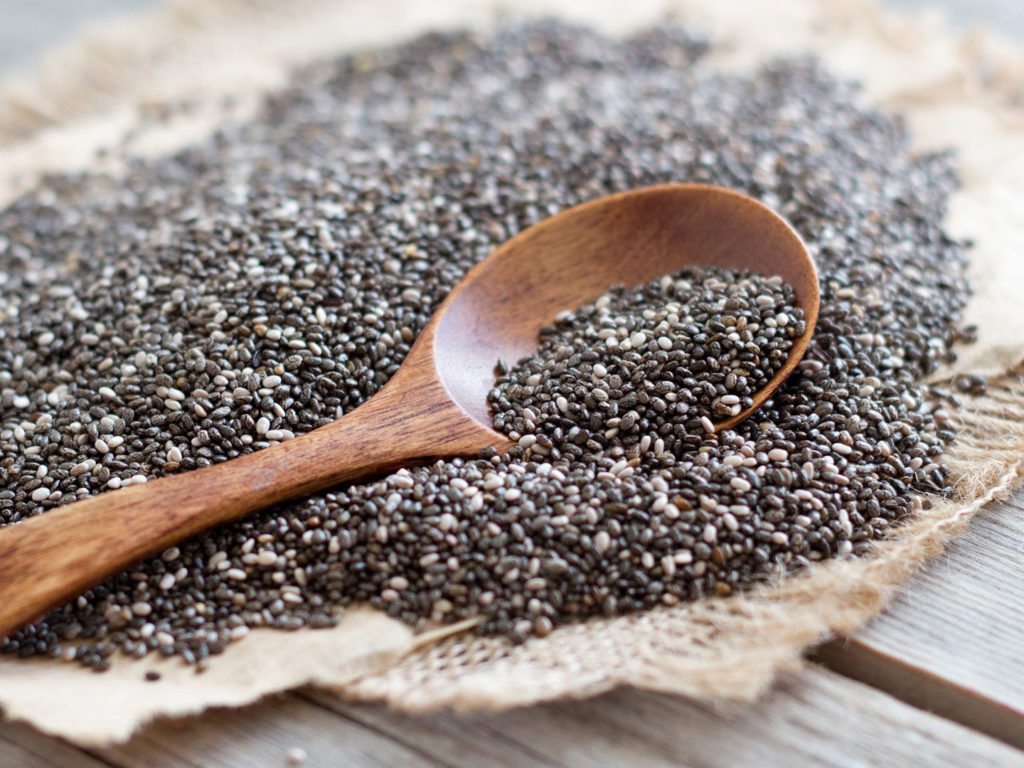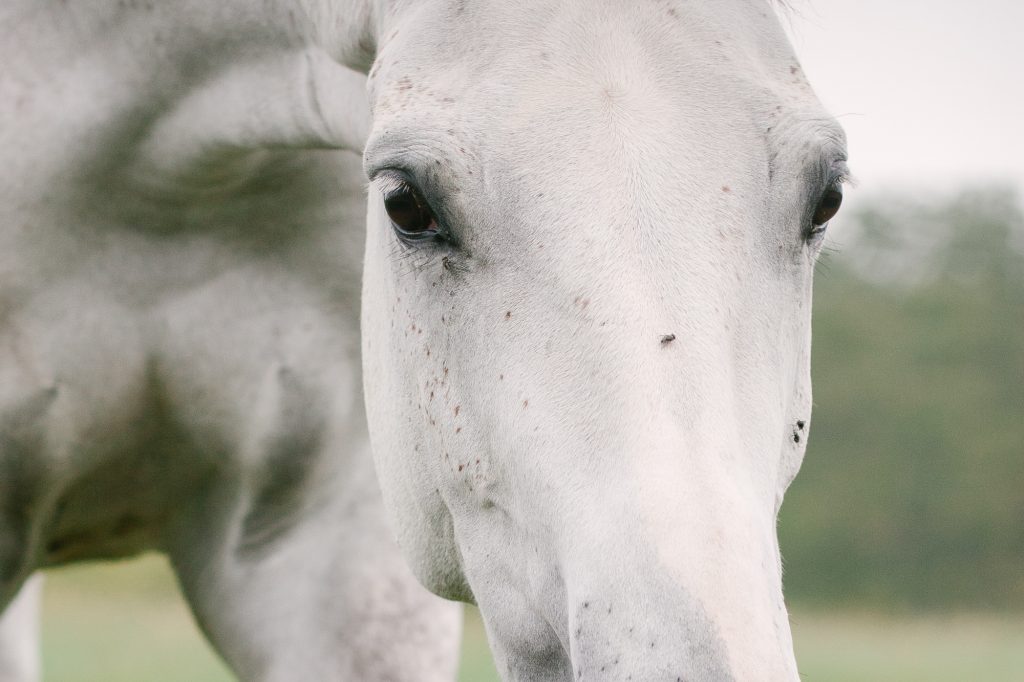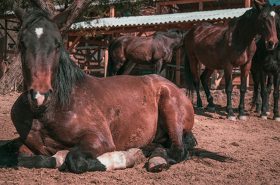Rubbed manes and tails, bumps or welts on your horse’s neck or abdomen, skin rubbed raw from scratching, scratching, scratching. No one likes to see their horse suffer like this! Your vet may prescribe steroids or topical creams, but when those don’t relieve the itching, what’s a horse owner to do? Here are a few tips that may help.
Find the Cause
Often easier said than done, but if you can find the source of your horse’s itchiness, the better the chances you can resolve it—or at least lessen the severity. Whether it’s insect hypersensitivity, food allergies, or a reaction to something like fly spray or other chemicals used around the barn, using a process of elimination can help you find the culprit. Some things to consider eliminating/changing include sweet feeds (or any type of feed/supplement if you suspect it might be the cause), hay, stall bedding, and fly spray.

Supportive Supplements
Believe it or not, the best way to improve skin conditions is through supportive nutrition. Offering supplements such as Omega 3’s (flaxseed, chia seeds, or hemp seed), Vitamin C, spirulina (blue-green algae), and chondroitin sulfate (better yet, a combination of all the above) can drastically improve itchy skin conditions.

Protect Your Horse
Unfortunately, insect hypersensitivity is a common problem (I have a mare with this condition), and since we can’t eliminate insects, we have to do our best to protect our horses from them. Horses with this condition can still benefit from nutritional support, but they may also need added protection in the form of fly sheets, fly masks, and possibly leg wraps (made from netting material). Keeping these horses indoors during the day time hours and turning them out at dark may also help.
If stalling a horse with insect hypersensitivity, keeping a fan on and the stall clean (from manure as well as feed droppings) will reduce the number of biting insects. Also, using natural fly repellents such as our Zero Bite All-Natural Insect Repellent can be beneficial.
Resolving serious itchy skin conditions isn’t always a fast fix, so remember to be patient and stay consistent with your plan of action. And as always, if you have further tips to help itchy horses, feel free to share in the comments below!
**
Casie Bazay is a freelance and young adult writer, as well as an owner/barefoot trimmer and certified equine acupressure practitioner. She hosts the blog, The Naturally Healthy Horse, where she regularly shares information on barefoot, equine nutrition, and holistic horse health. Once an avid barrel racer, Casie now enjoys just giving back to the horses who have given her so much. Follow Casie at www.casiebazay.com.



